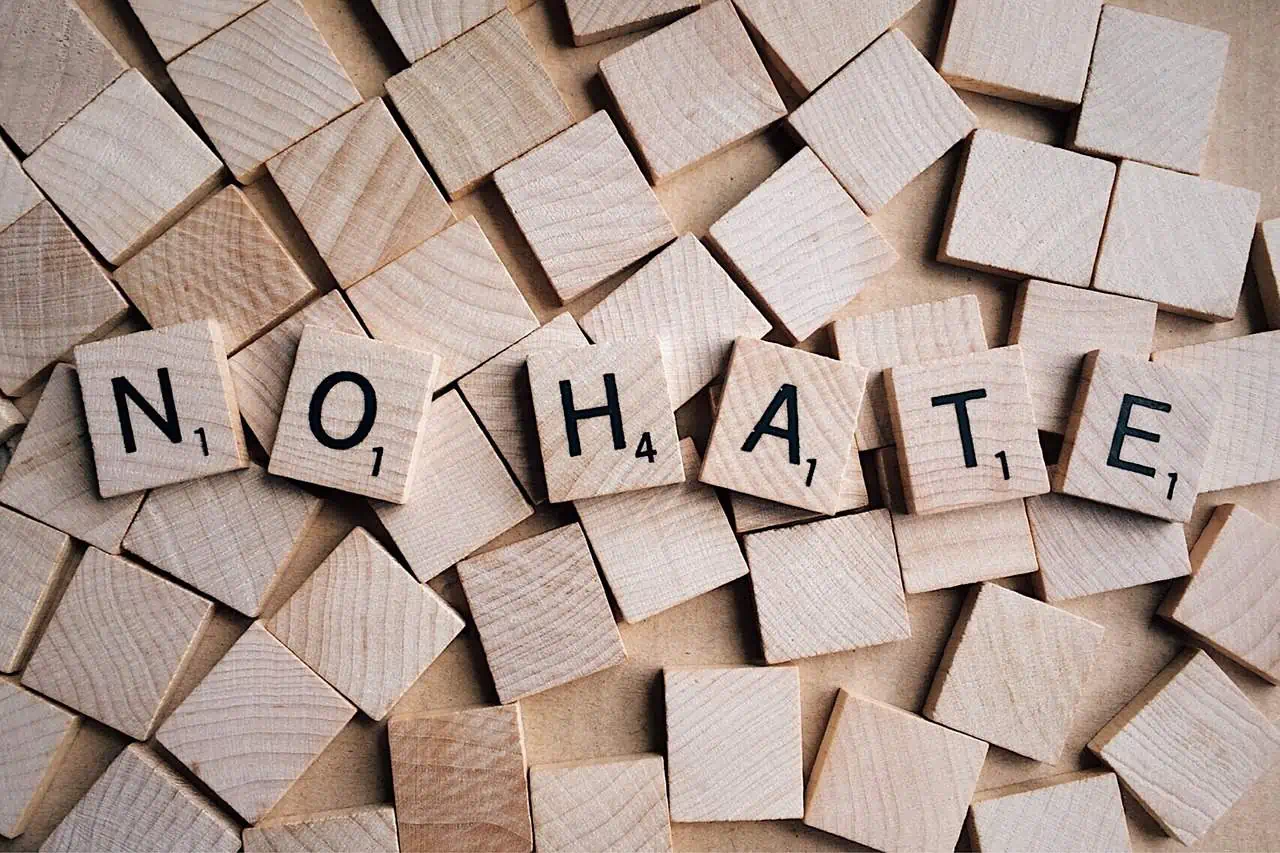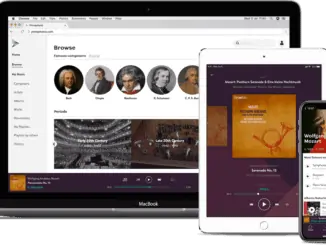
In a post on the Spotify blog, the company stated that it ‘believed our intentions were good’ but considered the language it used was ‘vague’ causing ‘confusion and concern’ and resulted from not spending ‘enough time getting input from our own team and key partners before sharing new guidelines.’
The blog explains that because of the vague language it ‘left too many elements open to interpretation’ creating a ‘concern that an allegation might affect artists’ chances of landing on a Spotify playlist and negatively impact their future. Some artists even worried that mistakes made in their youth would be used against them.’
The post continues ‘That’s not what Spotify is about. We don’t aim to play judge and jury. We aim to connect artists and fans. Across all genres, our role is not to regulate artists. Therefore, we are moving away from implementing a policy around artist conduct.’
The second part of the Spotify policy addressed hate content and here the company restated its position that it ‘does not permit content whose principal purpose is to incite hatred or violence against people because of their race, religion, disability, gender identity, or sexual orientation.’ Spotify will continue to ‘remove content that violates that standard. We’re not talking about offensive, explicit, or vulgar content – we’re talking about hate speech.’
Spotify CEO Daniel Ek said at the Recode tech conference that ‘We rolled this out wrong and we could have done a much better job.’




